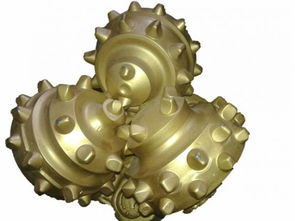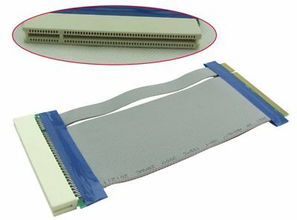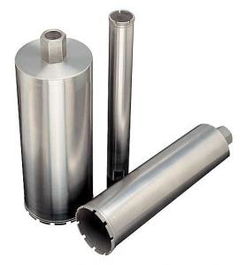
Understanding the Flexible Drill Bit: A Comprehensive Guide
When it comes to drilling, the choice of drill bit can make all the difference. One such versatile tool is the flexible drill bit. Designed to handle a variety of materials and situations, this drill bit is a must-have for any DIY enthusiast or professional. In this article, we will delve into the details of the flexible drill bit, exploring its features, benefits, and applications.
What is a Flexible Drill Bit?

A flexible drill bit, as the name suggests, is a type of drill bit that can bend or flex while in use. This unique feature allows it to navigate through uneven surfaces and materials that are not perfectly flat. Unlike traditional drill bits, which are rigid and can break or chip when encountering resistance, the flexible drill bit is designed to adapt to the job at hand.
Features of a Flexible Drill Bit

Here are some of the key features that make the flexible drill bit stand out:
- Flexibility: The ability to bend and flex allows the bit to navigate through uneven surfaces and materials.
- Material Compatibility: Flexible drill bits are suitable for a wide range of materials, including wood, metal, plastic, and even tile.
- Size Variety: Available in various sizes, from small diameter bits for delicate work to larger bits for more substantial tasks.
- Comfortable Grip: Many flexible drill bits come with ergonomic handles for a comfortable grip and better control.
Benefits of Using a Flexible Drill Bit

Using a flexible drill bit offers several advantages:
- Increased Precision: The ability to navigate through uneven surfaces with ease ensures more precise and accurate drilling.
- Reduced Risk of Damage: The flexible nature of the bit reduces the risk of breaking or chipping, especially when working with delicate materials.
- Time Efficiency: The ability to handle a variety of materials and situations means you can complete more tasks in less time.
- Cost-Effective: By reducing the risk of damage to the bit and the material, you can save money in the long run.
Applications of Flexible Drill Bits
Flexible drill bits are suitable for a wide range of applications, including:
- Woodworking: Drilling holes in curved or uneven surfaces, such as furniture legs or cabinet doors.
- Plumbing: Navigating through pipes and fittings to drill holes for taps or valves.
- Automotive: Drilling holes in vehicle bodies, exhaust systems, or engine components.
- Construction: Drilling holes in uneven surfaces, such as walls or floors, for electrical wiring or plumbing.
How to Choose the Right Flexible Drill Bit
When selecting a flexible drill bit, consider the following factors:
- Material: Choose a bit that is suitable for the material you will be drilling, such as wood, metal, or plastic.
- Size: Select the appropriate size for the hole you need to drill, ensuring it is not too large or too small.
- Shank Type: Ensure the bit’s shank type is compatible with your drill.
- Brand and Quality: Opt for a reputable brand and ensure the bit is made from high-quality materials.
Table: Comparison of Flexible Drill Bits
| Brand | Material Compatibility | Size Range | Price |
|---|---|---|---|
| Brand A | Wood, metal, plastic | 1/16″ – 1/2″ | $10 – $20 |
| Brand B | Wood, metal, plastic, tile | 1/8″ – 3/4″ | $15 – $30 |



